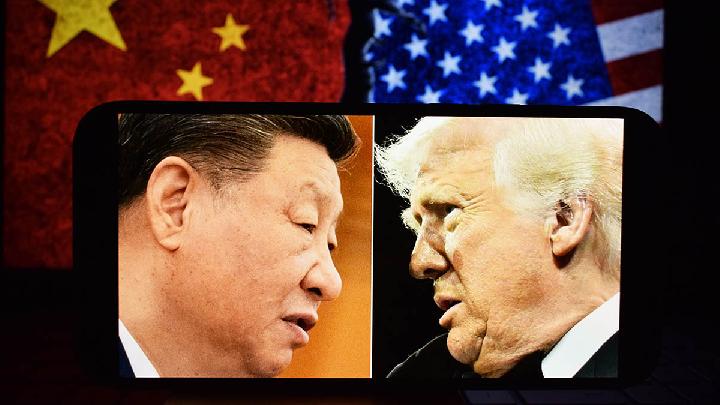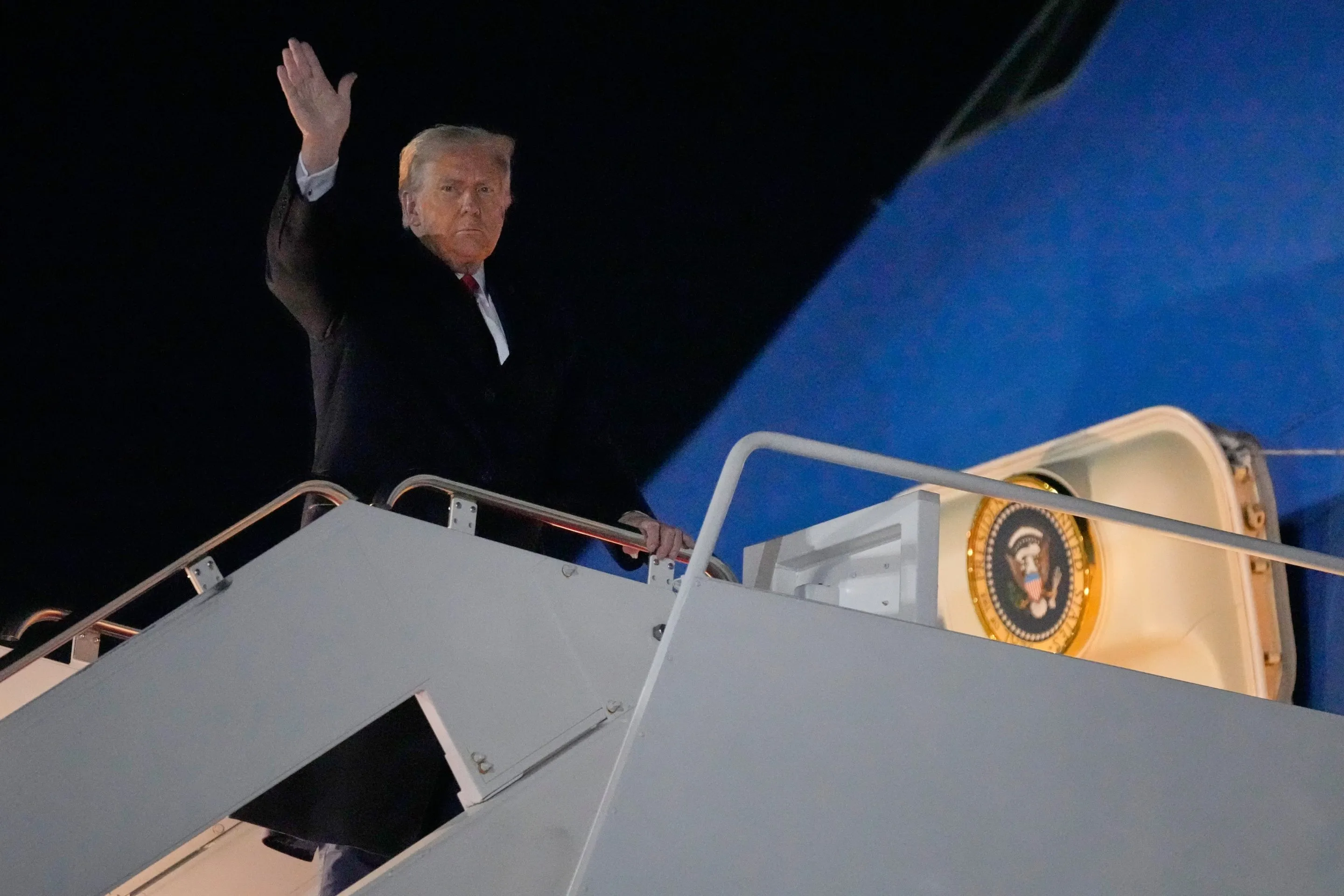Copyright tempo

TEMPO.CO, Jakarta – U.S. President Donald Trump and Chinese President Xi Jinping have agreed to pause their trade war, easing tensions in a standoff that has long threatened global economic stability.According to Al Jazeera, the two leaders signed a one-year trade deal on Thursday, October 30, 2025, on the sidelines of the Asia-Pacific Economic Cooperation (APEC) Summit in Busan, South Korea, marking their first face-to-face meeting since 2019.Under the agreement, China will suspend its rare earth metal export restrictions to the United States for one year, the Chinese Ministry of Commerce confirmed after the meeting.The ministry’s statement reaffirmed Trump’s earlier announcement and emphasized Beijing’s plan to reassess its export control policies.China dominates the global supply and processing of rare earth minerals, a critical issue in trade talks between the two economic powers.“China will suspend the implementation of relevant export control measures announced on Oct. 9 for one year and will study and refine specific plans,” the ministry said, as quoted by Anadolu.The statement also noted that Beijing will adjust some of its retaliatory tariffs on U.S. goods, while both countries agreed to extend certain tariff exemptions. In return, the U.S. will suspend for one year the enforcement of new export restrictions targeting Chinese companies on its “entity list.”Trump, who hailed his nearly two-hour meeting with Xi as “amazing”, said the issue of rare earths had been “settled” under the agreement, which he said would be renegotiated every year.“There’s no roadblock at all on rare earths – that will hopefully disappear from our vocabulary for a little while.”Tariff Adjustments and Fentanyl PledgeIn a separate statement aboard Air Force One, Trump said the U.S. would cut tariffs on fentanyl-related imports from 20 percent to 10 percent after Xi pledged to intensify efforts to curb the flow of the synthetic opioid.“I believe he is going to work very hard to stop the death that is coming in,” Trump said.The U.S. also agreed to ease certain tariffs on Chinese goods in exchange for continued Chinese purchases of American soybeans and the resumption of rare earth exports. The adjustments will lower the overall tariff burden from 57 percent to 47 percent.Earlier this month, China expanded its restrictions on rare earth exports, including limits on processing technology and a ban on cooperation with foreign firms without government approval.Trump had threatened to retaliate with a 100 percent tariff on Chinese goods and new software export restrictions, measures that would have taken effect on November 1.However, the agreement in Busan marks a significant de-escalation in trade tensions between Washington and Beijing, signaling a potential thaw in relations after years of economic confrontation.Editor’s Choice: Trump Says South Korea Can Build Nuclear-Powered SubmarineClick here to get the latest news updates from Tempo on Google News



